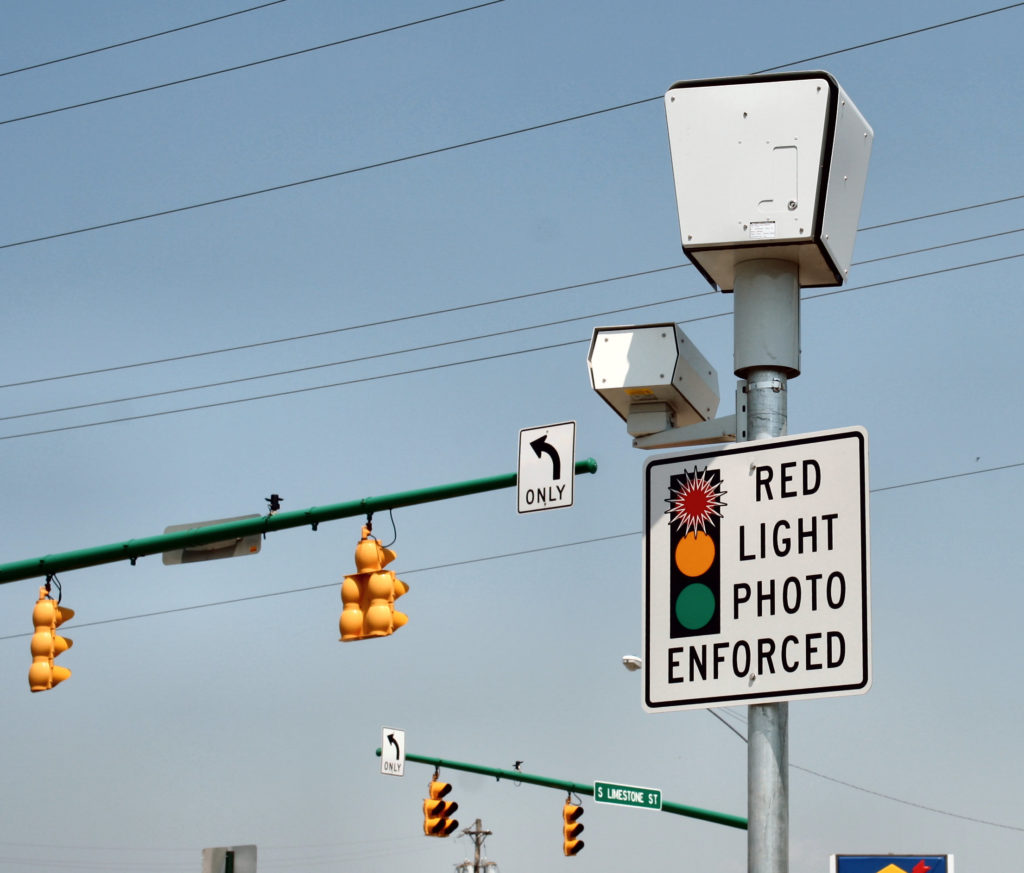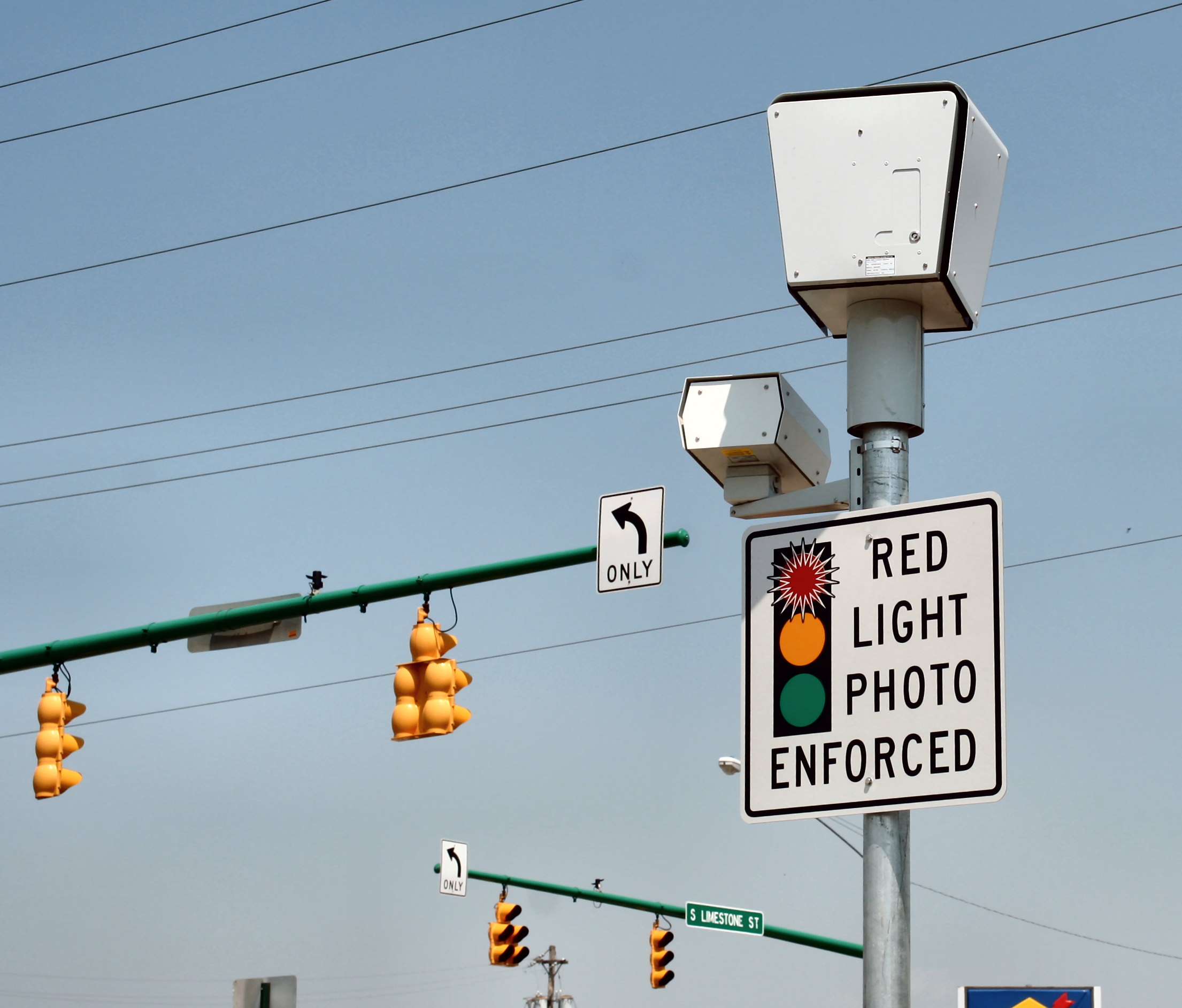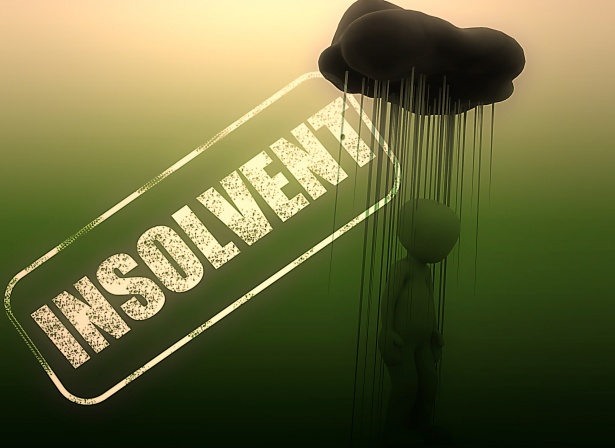
A bi-partisan bill recently passed the Illinois House of Representatives that would ban red light cameras in non-Home Rule municipalities. The bill passed 84-4 on Wednesday and will now move to the Illinois Senate.
“Banning unreliable red-light cameras in non-Home Rule municipalities is a win for taxpayers, but Springfield can do better,” said Matthew Schultz, Executive Director of Taxpayers United of America (TUA). “The primary function of red-light cameras is to steal money from taxpayers with an indirect tax. If the bill becomes law, bureaucrats in non-Home Rule municipalities will be barred from imposing this tax.
“In fact,” added Schultz, “This provides a stronger reason for taxpayers to reject Home Rule in the March 17 election.”
“As TUA founder and President Jim Tobin has always said, Home Rule means home ruin. With Home Rule, local bureaucrats can run wild with tax increases. Home Rule means bureaucrats are no longer limited on how high property taxes can be increased; it robs taxpayers of the right to directly vote on tax increases; it puts a municipality on the path of creating a municipal income tax, and may be the only way a local government can introduce red light cameras.”
“Taxpayers need to reject Home Rule referenda and the upcoming state income tax increase in the election on November 3. Local and state governments need to learn to live within their means like taxpayers. The only way for taxpayers to get that message across is to defeat these huge tax increase measures whenever they are on the ballot.”







